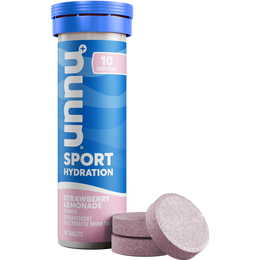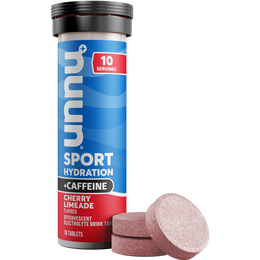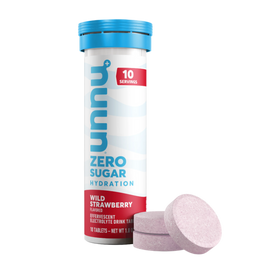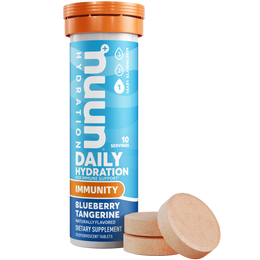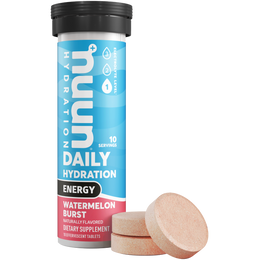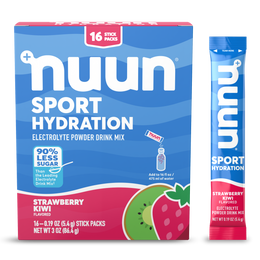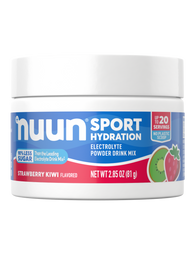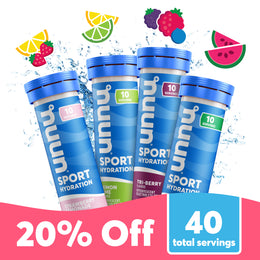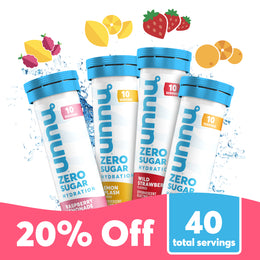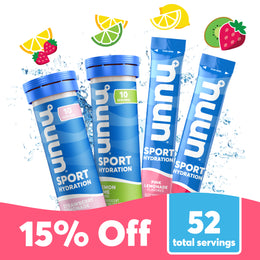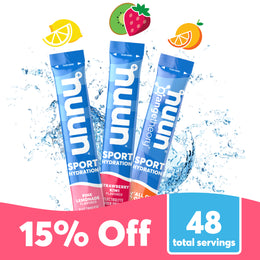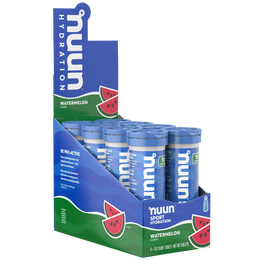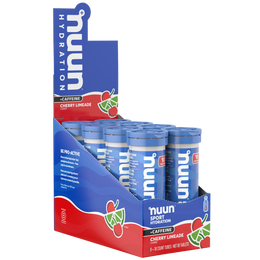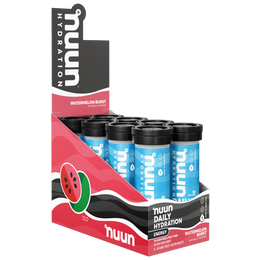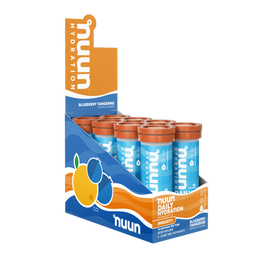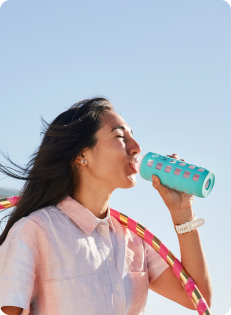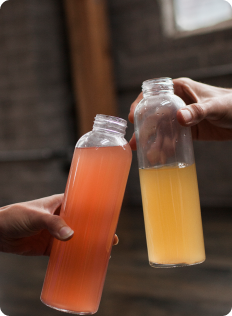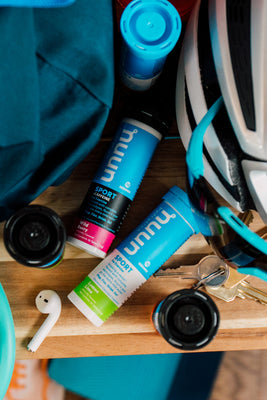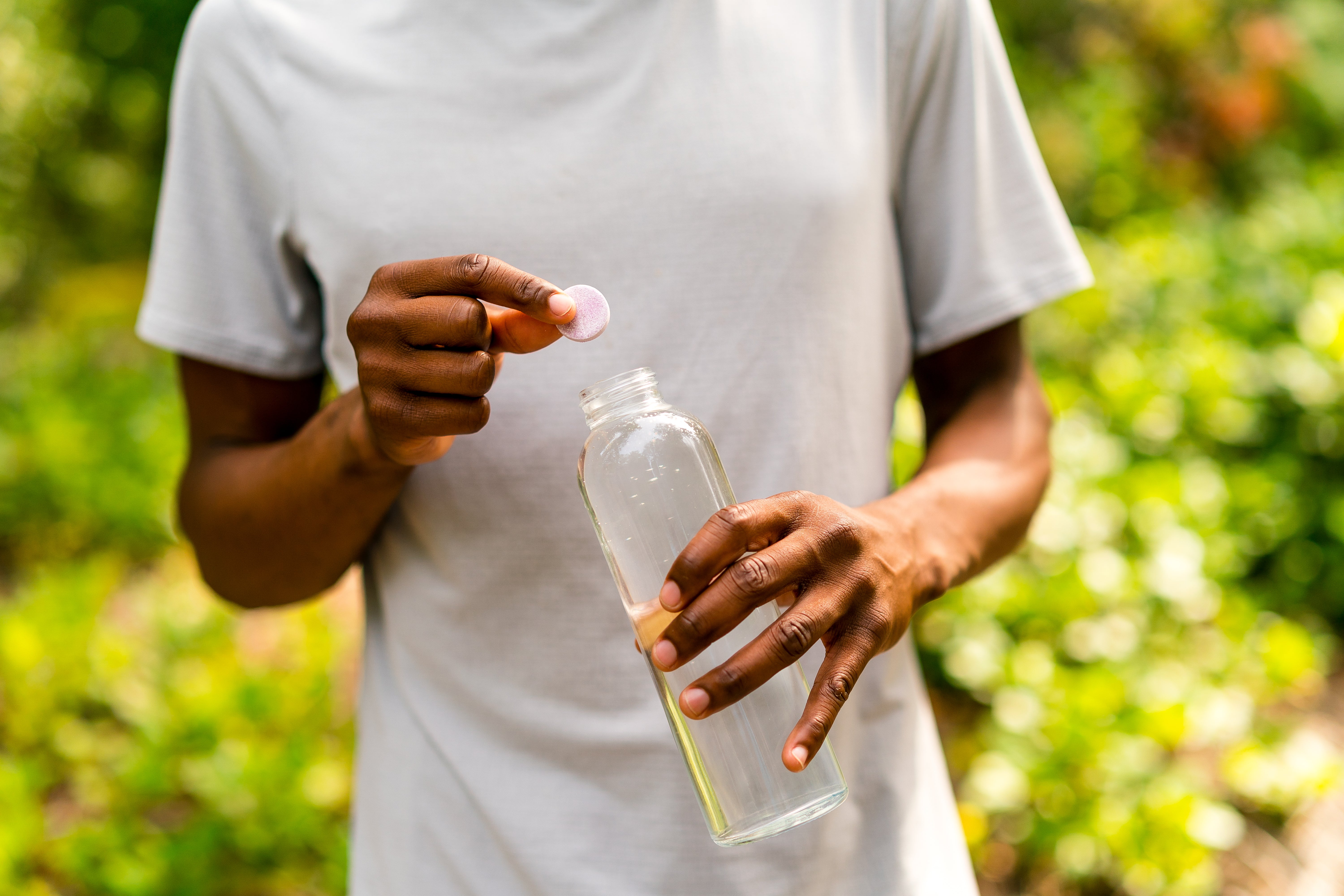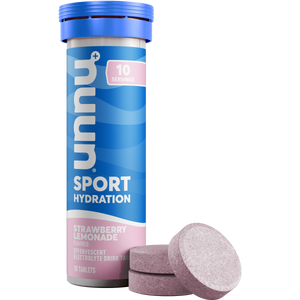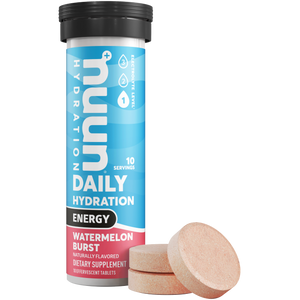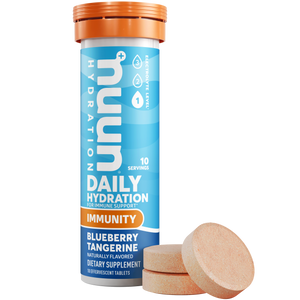Quick Facts: Qualifying for the Boston Marathon
- Qualifying Standards: Times vary by age & gender (e.g., 2:55 for men 18–34; 3:25 for women 18–34).
- The “BQ Gap”: Runners often need to beat the official time by 3–5 minutes to secure a spot.
- Registration: Opens in September each year; faster runners register first.
- Training Volume: Most successful qualifiers run 40–60 miles per week in peak training.
- Fueling & Hydration: Electrolyte balance and recovery are as critical as speed work.
Why is the Boston Marathon So Hard to Qualify For?
Every April, thousands of runners toe the starting line of the Boston Marathon. For many, it’s a tough road to get to Hopkinton. Beyond committing to hours of training, runners must run a qualifying marathon time — and that still doesn’t guarantee they’ll enter to run the iconic race.
Boston Marathon qualifying standards
For the 2019 Boston Marathon, runners accepted to the race had to have a marathon time of four minutes and 52 seconds faster than the actual Boston qualifying (BQ) times. That left more than 7,300 qualifiers unable to run the race, despite meeting the required time limits.
This isn’t anything new. The gap between the qualifying time and acceptance cutoff time has been growing since 2014, when the gap was a minute and 38 seconds.
Based on this trend, the Boston Marathon recently decided to adjust qualifying standards for the 2020 marathon. Now, qualifying standards will be five minutes faster for each age group.
Current BQ times by age and gender
The 2026 BQ times are as follows:
| Age Group | MEN | WOMEN | NON-BINARY |
|---|---|---|---|
| 18-34 | 2hrs 55min 00sec | 3hrs 25min 00sec | 3hrs 25min 00sec |
| 35-39 | 3hrs 00min 00sec | 3hrs 30min 00sec | 3hrs 30min 00sec |
| 40-44 | 3hrs 05min 00sec | 3hrs 35min 00sec | 3hrs 35min 00sec |
| 45-49 | 3hrs 15min 00sec | 3hrs 45min 00sec | 3hrs 45min 00sec |
| 50-54 | 3hrs 20min 00sec | 3hrs 50min 00sec | 3hrs 50min 00sec |
| 55-59 | 3hrs 30min 00sec | 4hrs 00min 00sec | 4hrs 00min 00sec |
| 60-64 | 3hrs 50min 00sec | 4hrs 20min 00sec | 4hrs 20min 00sec |
| 65-69 | 4hrs 05min 00sec | 4hrs 35min 00sec | 4hrs 35min 00sec |
| 70-74 | 4hrs 20min 00sec | 4hrs 50min 00sec | 4hrs 50min 00sec |
| 75-79 | 4hrs 35min 00sec | 5hrs 05min 00sec | 5hrs 05min 00sec |
| 80 and over | 4hrs 50min 00sec | 5hrs 20min 00sec | 5hrs 20min 00sec |
So, if you’ve been wondering How hard is it to qualify for the Boston Marathon? – they don’t make it easy.
If you’re still chasing that unicorn, don’t let the new, tougher standards discourage you. Plenty of runners have successfully dropped their times by minutes to hours to reach that qualifying standard.
While there’s no training regime guaranteed to get you that BQ, there are a few tried-and-true strategies that have helped runners close the gap and toe the starting line of their dreams.
Training Strategy #1: Run more miles
Strava, a social fitness network, looked at its user data to analyze the running habits of more than 30,000 marathoners — 7,164 that qualified for Boston and 24,330 that didn’t make the cut. What separated the two groups of runners? Mileage.
- On average, Boston qualifiers ran nearly twice as many miles as non-qualifiers.
- For the year leading up to their qualifying race, a survey of 125 Boston qualifiers confirmed that most runners ran over 1,000 miles.
Training Strategy #2: Run at an easier pace
It seems counterintuitive, but to run fast, you must run slow. Melissa, a running coach who improved from a 4:18 marathon to a recent PR of 3:07, says that slowing down made a major difference in her training — and going too fast is a common error. “You could end up getting burnt out or worse, injured. Taking easy runs is important and allows your body to run harder next time,” she says on her Instagram.
Strava’s data revealed that in general, Boston qualifiers ran more miles at an easy pace. Male qualifiers only ran 15% of their runs at marathon pace, while non-qualifiers ran 57% of their runs at a qualifying pace. The numbers are similar for females — qualifiers ran 23% of runs at marathon pace, while non-qualifiers ran 63% of their miles at that pace.
How an easy pace can help prepare you for Boston
Gemma Oates, a running physiotherapist, breaks down why training at a less strenuous pace can work to your advantage:
- Less of a physical toll on your body, opposed to more strenuous runs
- Helps to condition your musculoskeletal system to cope with increased mileage
- Allows your body to recover from more difficult training sessions
- Optimizes your body’s ability to respond to different aerobic activities
Training Strategy #3: Incorporate speed work
Dale finished her first marathon in 4:13 — but she knew she could do more to get faster. Following that race, she made several adjustments to her training, including taking speed workouts seriously. Two years later, she ran a 3:33, and within another year, a 3:30, securing her spot at Boston.
She’s not alone. In the survey of Boston qualifiers, 84% of respondents said that speed work played a role in their qualifying time.
Why is speed training important for marathon training?
According to Jerry Snider, an exercise physiologist and USATF-certified coach, speed training can:
- Get you out of your comfort zone
- Force you to run with more efficient form
- Teach you recovery tools
- Prepare you for the rush of adrenaline you’ll experience on race day
Training Strategy #4: Clean up your diet
Over the course of seven years, Matt of No Meat Athlete decreased his marathon time from 4:53 to 3:09, successfully qualifying for Boston. He attributes his improvement to several key strategies, one of which was cleaning up his diet — which, for him, meant becoming vegetarian. With the change, he dropped a few pounds and “became a clean-burning machine.”
You need the right mix of protein, carbohydrates, and fat to achieve optimal performance and recover well. While adopting a vegetarian diet isn’t for everyone, you should evaluate how you’re fueling your body and make sure what you’re eating is helping you progress toward your Boston qualifying goal.
What should you eat when you’re training for a marathon?
The Academy of Nutrition and Dietetics emphasizes the importance of consuming protein and carbohydrates throughout your training, not just the days leading to the race.
- Carbs: Provide energy
- Protein: Provides amino acids to build and repair damaged muscle tissue
Stay hydrated while training to qualify for Boston
Hydration during marathon training is just as important as diet. Drink plenty of fluids in the days before race day so that you arrive in a hydrated state, and on the day of, reach for water and Nuun Sport Hydration Tablets, which are formulated with electrolytes to help support muscle function and fluid balance.
Training Strategy #5: Prioritize recovery
Yes, training to run a Boston-qualifying marathon time requires lots of miles and speed work, you won’t get far without prioritizing recovery as well.
Sarah, a runner and registered dietician who improved her marathon time from 3:42 to 3:31 in just six months, took two days off from running per week. “It was too much stress on my body to do more than 4-5 days of running per week,” she explains in a blog post.
All that hard work you put in pounding the pavement creates microscopic tears in your muscles. It’s only when you rest that those tears can recover and build muscle. If you continue to train without taking the proper time to rest, you risk injury or illness from wearing your body down.
How can you recover during marathon training?
But there’s more to recovery than simply not running. Taking days off from running is good, but there are other ways to help your body:
- Stretching
- Foam rolling
- Ice baths
- Epsom salt baths
- Massages
- Sleep
It’s also critical to hydrate properly — both following a hard training run and on rest days. With magnesium, tart cherry, and potassium, Nuun Rest is a great option to promote muscle relaxation and recovery.
Train smarter to qualify for Boston
Qualifying for the Boston Marathon isn’t just about running fast, it’s about training smart, staying consistent, and fueling your body the right way. By building a solid mileage base, incorporating workouts at different paces, and prioritizing recovery, you’ll put yourself in the best position to hit your Boston Qualifier.
And remember, hydration and recovery are just as important as your miles. With Nuun’s electrolyte-rich hydration solutions, you can keep your body balanced and ready to perform so you’ll have a better chance at improving your time and achieving that ultimate goal: a Boston qualifying time.
